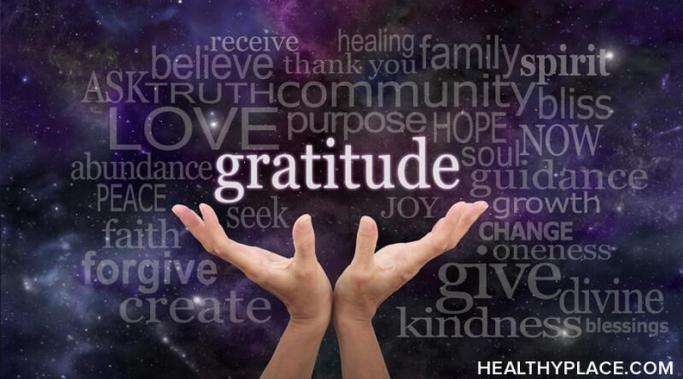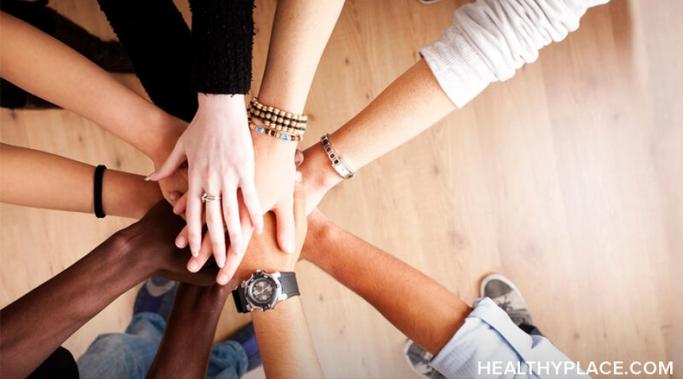So, we're on a journey to build better self-esteem, and you want to know where to begin. Starting out may seem like a daunting task. The best way to tackle it is by breaking it down into smaller steps. Today, we'll cover step one: identifying what makes you, you.
Building Self Esteem
My name is Will Redmond, and I’m a new author for HealthyPlace’s “Building Self-Esteem.” I’m so excited to open a dialogue about the ongoing mental health crisis and foster growth with you all. Low self-esteem is a challenging issue to tackle, but together we’ll work through steps to build a strong self-image and a positive outlook on life.
This will be my last post for "Building Self-Esteem," and I want to leave you with three truths about self-esteem. It's been a little over a year since my introduction post, and what a year it's been. In addition to working through my self-esteem issues and sharing my stories, these posts have become a journal of my pandemic experience.
Someone commented on a recent blog post about asking for help with low self-esteem and said they could not find support from their friends and family. So today, I will share three resources that helped support me in times when my self-esteem was low.
Poor self-esteem can make it difficult to ask for help. You may feel that you are not worthy of other people's time and assistance. Maybe it's because you are not in the habit of prioritizing yourself and keep pushing your needs aside. Whatever the reason behind the difficulty, everyone needs help sometimes, and practicing how to ask for help is a good exercise to build self-esteem.
Every day is different, and you can build self-esteem by doing a daily check-in to think about how you can set yourself up for success. Last month I was a guest on a Facebook Live hosted by HealthyPlace, and I mentioned this practice. It got some people interested, so I thought I would share how I go about doing it. This check-in will only take you a few minutes in the morning. If you're like me, you will find it a valuable addition to your day and a sure-fire way to build self-esteem.
In my last blog post, I spoke about how changing the viewpoint I took on my life, and my accomplishments helped to build my self-esteem. Taking a long-term view of my progress over a 10-year period showed that my trend, like that of the stock market, was upwards and to be celebrated. There's another example of changing my viewpoint that helped my self-esteem get stronger that I will share today.
Life eventually taught me that changing my view could help my self-esteem and let me feel better about myself. My self-esteem suffered for many years because my view was focused firmly on the things I didn't accomplish. There was no way to deny that I didn't finish this thing, and never started that thing, and failed to reach my goal at the other. With my mind's telescope pointed only at my disappointments, I could come to no other conclusion than I was not worthy of respect from myself or others.
As someone who wants to build self-esteem and has strong professional skills, I often found myself in a leadership role, managing others in the workplace. In addition, as many of us do, there have been times I've needed to hire help around the house, putting me in a management position at home. As recently as last week, I've had to examine my management style to be sure my decisions were based on facts and not just a way to get around low self-esteem.
It's December, and it's the perfect time to plan for the next year by setting resolutions to help you reach all your goals, including building self-esteem. I made my living as a project planner, and today, I want to share my process for looking ahead at the changes I want to make and creating clear and realistic New Year resolutions that can help in the journey to stronger self-esteem.









